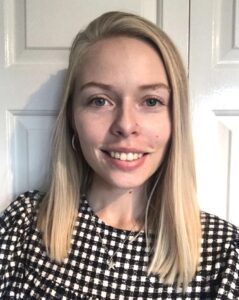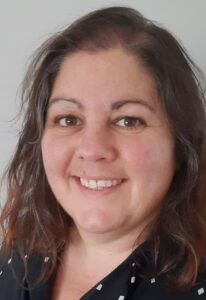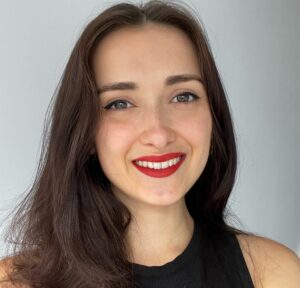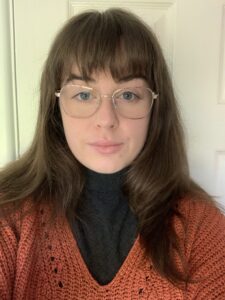Research Assistant Anomita Karim tells us about her experience of being part of the DETERMIND team
Why I got involved in DETERMIND
When I was younger, my uncle was diagnosed with Alzheimer’s disease and it was a difficult transition for everyone to see. Once a really lively and strong willed man to gradually losing his memory, all levels of cognitive functioning and eventually his speech. If this was difficult for the wider family, I could only imagine what my aunt had to go through. However, she soldiered on, caring for my uncle unconditionally and having a sense of pride in what she was doing.
I was moved by how positive and determined she was in not letting the diagnosis defeat them, instead she continued to create great memories and was determined to show everyone that both of them could live well with dementia. I found this to be an inspiring approach as majority of people in southern Asian communities, from where I belong, do not understand dementia, which is alarming as we are the largest ethnic minority group in the world. A physical injury, fine, we can go to the doctor but a mental health condition, there is hesitation to talk about it. This hesitation comes from the stigma around dementia which leads to it being infamously known as a ‘natural part of ageing’.
This lack of recognition for dementia and the general reduced awareness around this disease led me to want to be involved in the push for eradicating barriers in accessing services and to promoting culturally-appropriate care. However, before doing so, I would need to educate myself around dementia so when the role of DETERMIND came around, I thought it was the perfect opportunity to go out in the field and speak to people and get their first hand account about their experiences. It has given us the opportunity to hear about the inequalities and inequities in the care and outcomes they may face when accessing services, communities, and social care and health professionals.
Our research which draws on patient’s experiences will allow us to inform policy in how to reshape and change services, whilst also raising awareness to allow people to live well with their dementia.
What have I learned and what have I enjoyed?
So far, it has been a lovely experience. I have really enjoyed going to participant’s homes, listening to them speak about life after diagnosis and bonding over a cup of tea. It’s been a gratifying experience to have people share their personal stories at a time where they may feel at their most vulnerable. The time spent with participants at their homes has made me learn more about patience, kindness and how to be a better listener. It’s often at times you realize that they just need someone to talk to and confide in as they may not have anyone else. It has been a pleasure to be that someone for someone else.
What do I hope to gain from the work?
I hope being involved in DETERMIND will put me in good stead for a PhD or further research projects where I can explore further as to how care is delivered for those who are diagnosed with dementia in southern Asia. On my most recent trip to Bangladesh, it could be seen there is a serious lack of memory assessment clinics to provide anyone with support or help with memory problems. Many people who are living with dementia do not even access the GP as they believe GP’s only deal with physical symptoms and there is no way to deal with memory problems as they are ‘God-given’. I would like to be part of research that spreads awareness around dementia so that people are encouraged to approach professionals for a diagnosis, and then access appropriate health and social care services to support them along their journey through dementia. Increasing awareness and reducing stigma one step at a time can encourage people from these communities to step forward and take their right to living well with dementia and I would like to be part of that movement.







